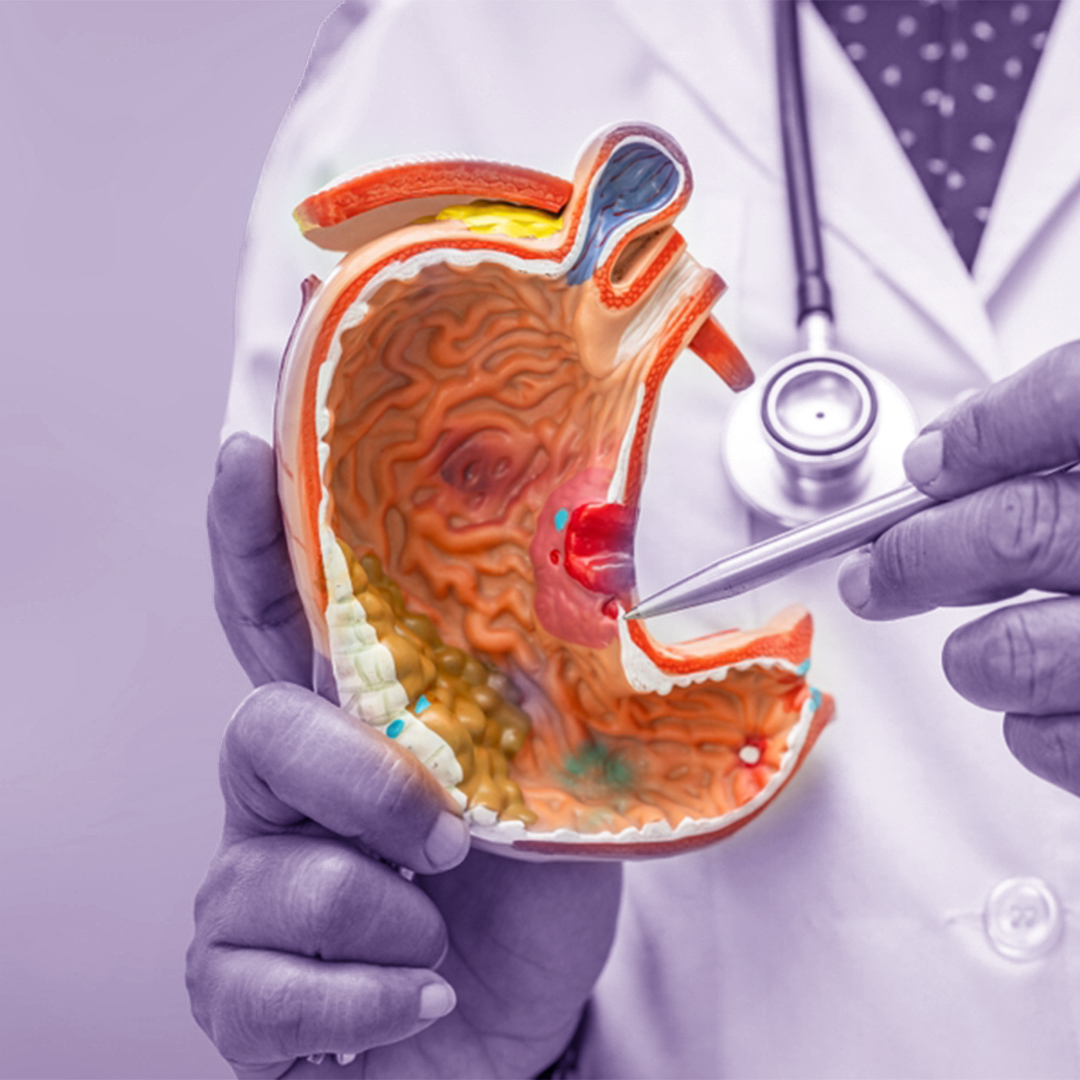Inflammatory Bowel Disease
Inflammatory Bowel Disease

Inflammatory Bowel Disease: Causes, Symptoms, Diagnosis, and Treatment
Inflammatory bowel disease (IBD) is a common condition that directly affects the digestive system and can lead to serious health problems if not diagnosed and treated in a timely manner. Inflammatory bowel disease varies in causes and symptoms and can include a wide range of types that differ in severity and their effects on the body. In this article, we will discuss the causes and symptoms of inflammatory bowel disease, its types, how it is diagnosed and treated, and how to prevent it.


What is Inflammatory Bowel Disease?
Inflammatory bowel disease is a medical condition that occurs when the lining of the intestines becomes inflamed due to several possible causes. It can cause pain, digestive disturbances, and weight loss due to impaired nutrient absorption. This disease belongs to a group of gastrointestinal disorders that primarily affect the intestines, leading to disruption of digestion and food absorption.
Types of Inflammatory Bowel Disease
- Inflammatory Bowel Disease (IBD):
Includes two main types: Crohn’s disease and ulcerative colitis. Both cause chronic inflammation of the intestines.
- Acute Inflammatory Bowel Disease:
This is a sudden and temporary inflammation in the intestines caused by infections or reactions to certain substances such as medications or contaminated food.
- Infectious Inflammatory Bowel Disease:
This occurs due to viral, bacterial, or parasitic infections that can cause severe digestive disturbances.
- Radiation-Induced Inflammatory Bowel Disease:
This occurs due to exposure to radiation during medical treatments like chemotherapy or radiation therapy, leading to either chronic or acute inflammation of the intestines.
Causes of Inflammatory Bowel Disease
There are several causes that may lead to inflammatory bowel disease. Some of the most prominent causes include:
- Bacteria that cause inflammation of the intestines:
Such as Salmonella, E. coli, and Shigella, which lead to infectious inflammatory bowel disease.
- Immune reactions:
Where the immune system attacks healthy tissues in the intestines, causing chronic inflammation, as seen in Crohn’s disease and ulcerative colitis.
- Radiation exposure:
Radiation therapy can damage intestinal tissues, leading to inflammation.
- Stress and psychological pressures:
Persistent stress may worsen the symptoms of inflammatory bowel disease in some patients.
Symptoms of Inflammatory Bowel Disease
Symptoms vary depending on the type of inflammatory bowel disease, but common symptoms include:
- Abdominal pain and cramping.
- Chronic diarrhea or blood in the stool.
- Sudden weight loss.
- General fatigue.
- Fever.
- Loss of appetite.
Complications of Inflammatory Bowel Disease
If inflammatory bowel disease is not treated properly, some serious complications may occur, including:
- Intestinal obstruction:
Occurs due to chronic inflammation that may lead to scar tissue or ulcers, blocking the normal passage of food.
- Bacterial infections:
Chronic inflammatory bowel disease increases the likelihood of other infections.
- Nutritional problems:
Due to impaired nutrient absorption, patients may suffer from deficiencies in essential vitamins and minerals.
Diagnosis of Inflammatory Bowel Disease with Dr. Mohamed El-kady, Gastroenterology and Endoscopy Consultant
Inflammatory bowel disease is diagnosed based on several steps, including:
- Clinical examination:
The doctor evaluates the symptoms and medical history.
- Blood tests:
To detect inflammation or other signs of digestive issues.
- Imaging tests:
Such as X-rays or endoscopy to check for inflammation or ulcers in the intestines.
- Stool tests:
To confirm the presence of bacterial or parasitic infections.
Prevention Tips from Dr. Mohamed El-kady, Gastroenterology and Endoscopy Consultant
- Personal hygiene:
Wash hands regularly and avoid eating contaminated food.
- Follow a healthy diet:
It helps strengthen the immune system and reduce the risk of infections.
- Avoid stress:
Stress can exacerbate the symptoms of inflammatory bowel disease.
- Regular visits to the doctor:
Especially for people with chronic gastrointestinal diseases.
Treatment of Inflammatory Bowel Disease at Dr. Mohamed El-kady’s Center for Gastroenterology and Endoscopy
Treatment for inflammatory bowel disease depends on the type and severity of the disease, and typically includes:
- Antibiotics or antiviral drugs:
For infectious inflammatory bowel disease.
- Immunosuppressive drugs:
Such as corticosteroids or immunosuppressants for conditions like Crohn’s disease or ulcerative colitis.
- Nutritional supplements:
If there is nutritional deficiency due to impaired nutrient absorption.
- Surgery: